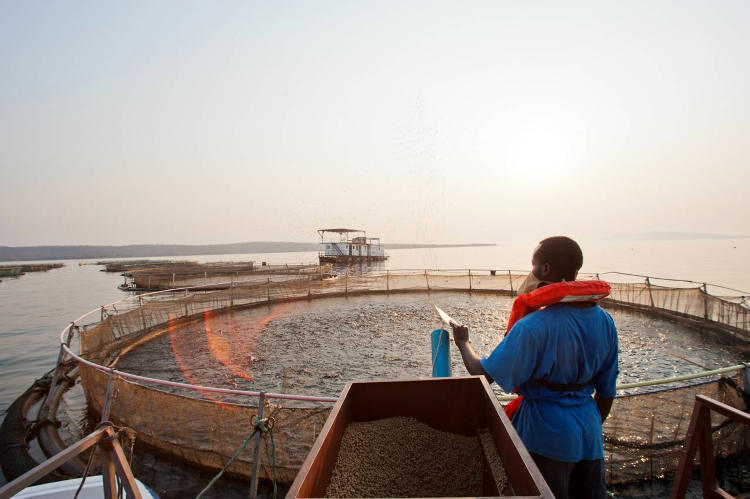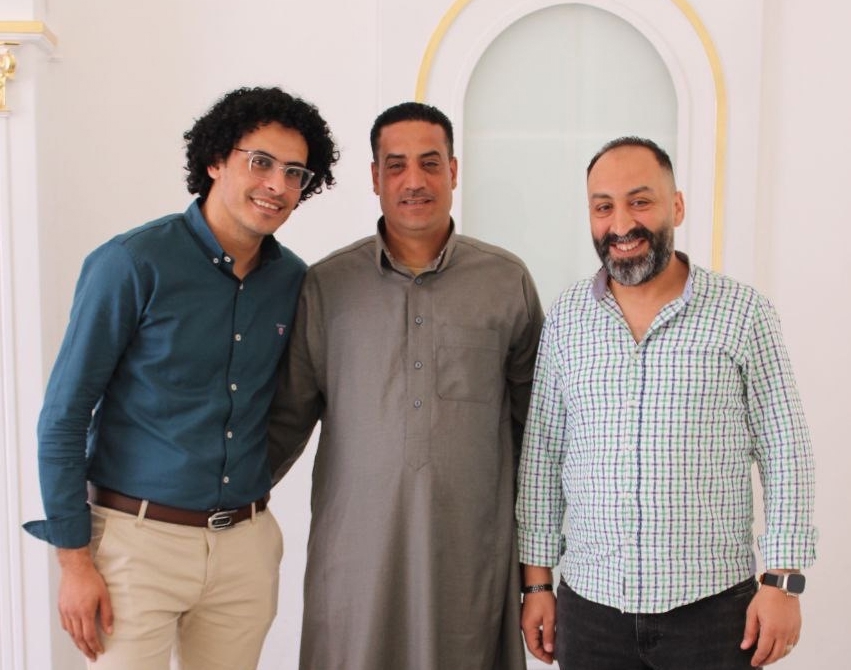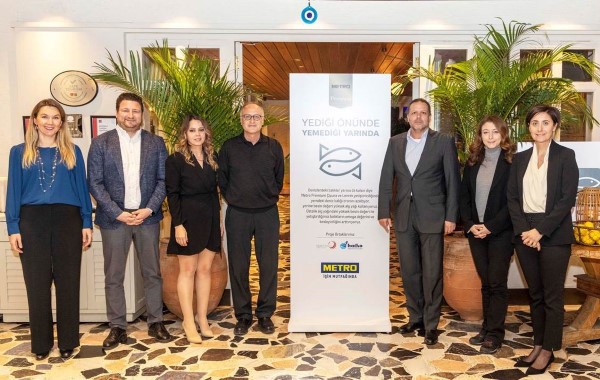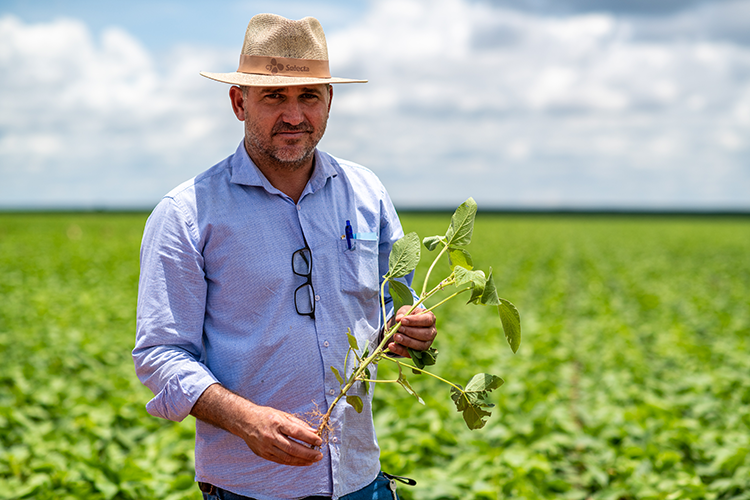WorldFish and Skretting have solidified their growing partnership to address food and nutrition security in Africa through collaborative aquaculture support and innovation.
WorldFish and Skretting sign MoU to develop aquaculture in Africa

According to the Food and Agriculture Organization of the United Nations, the world population will reach 9.8 billion by 2050. It is predicted that half of this growth will come from nine countries, five of those in Africa. To contribute to feeding this growing population, aquaculture productivity in Africa must increase at a faster rate than the global average.
The partnership will initially focus on two key areas. The first is understanding and analyzing the structure of the aquaculture industry in Africa. Knowing the different stakeholders involved and their impact on the value chain allows for better decision-making and public policy. The second is analyzing and improving farming practices. The partners will work with a panel of fish farmers to develop best management practices, and test new technologies using mobile applications to gather and feed back data to the farmers to enhance performance.
“We believe that strategic collaborations with the private sector are essential for accelerating the sustainable development of aquaculture in Africa’s developing economies,” says Dr. Gareth Johnstone, Director General, WorldFish. “Our partnership with Skretting will enable the scaling of tried and tested technologies and best practices—one of our core goals—paving the way for fish to boost more nutritious diets, and secure steady incomes and improved livelihoods across the continent.
WorldFish and Skretting share a common vision for how science and innovation must underpin this process, and we will work together to roll out affordable solutions that effectively target and reach the millions of people who depend on fish.” “Skretting wants to help achieve food security in Africa, a goal that is in line with our mission of ‘Feeding the Future’,” says Rob Kiers, Managing Director Skretting Asia and Africa. “Fish is an important part of the diet in African countries, where 18.4% of animal protein intake comes from fish. We will work with WorldFish to develop the local aquaculture industry in a shared-value approach and collect data to deliver fish farmers the right feed according to their needs.” Skretting and WorldFish have been working together for over two years at the WorldFish Aquaculture Research and Training Center in Abbassa, Egypt on tilapia nutrition and raw feed material evaluation, and have also collaborated on Skretting’s Community Development Project in Zambia The solidification of the partnership will enable both parties to further develop aquaculture, have a greater positive impact on the livelihoods and well-being of small-scale fish farmers and contribute to achieving food and nutrition security in Africa. Initial projects in Egypt and Zambia are due to start in 2019.


